Education:
Bio:
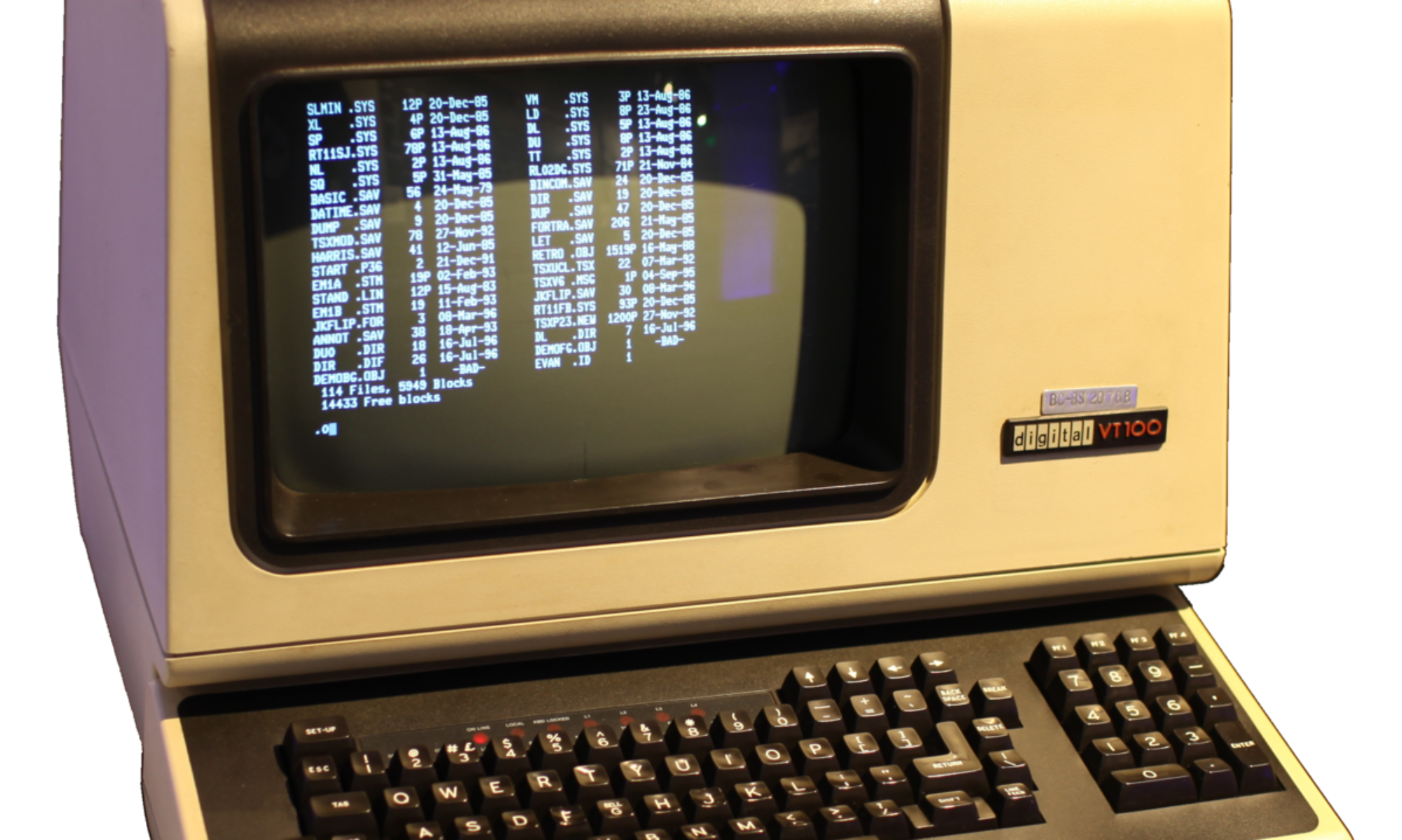
MELIORA DIGITAL & INTERDISCIPLINARY PROGRAM
University of Rochester
Education:
Bio:
Education:
Bio:
Education:
Bio:
Education:
Bio:
Sarah is a PhD candidate in the Joint Program in English & Education at the University of Michigan, where she is also a Graduate Student Research Assistant with the English Department Writing Program, a member of the Digital Accessible Futures Lab, and a Sweetland Digital Rhetoric Collaborative Fellow. She has taught Developmental, First-Year, and Upper-Level Writing courses at U-M and various community colleges and universities in Ann Arbor and Chicago. Her research interests center digital rhetoric, gender and discourse, and gaming studies, and her dissertation project explores how women (used inclusively) use multimodal discourse—grammatically, narratively, and visually—to navigate online gaming ecologies.
Cantay is an assistant professor of instruction at the Goergen Institute for Data Science at the University of Rochester. He studied political science, computer science, and statistics during his Ph.D., and received his degree from Boston University in 2018. Cantay received his BA from Brandeis University and his MA from Koç University. Before joining the University, he was a visiting assistant professor in the Department of Data Analytics at Denison University and a visiting assistant professor in the Department of Mathematics and Computer Science at Ohio Wesleyan University. His research interests include computational social science, emotion quantification and face/gesture recognition, social media, US Congress, and networks of lobbying.
Amit is an Associate Professor in the Department of English at Rochester Institute of Technology. He is the author of Negotiating the Modern: Orientalism and Indianness in the Anglophone World. Dr. Ray’s current research examines the accelerating impact of new technologies on language and culture. He has been developing the concept of “autocolonialism” to explore how information and biological technologies transmogrify our late human condition.
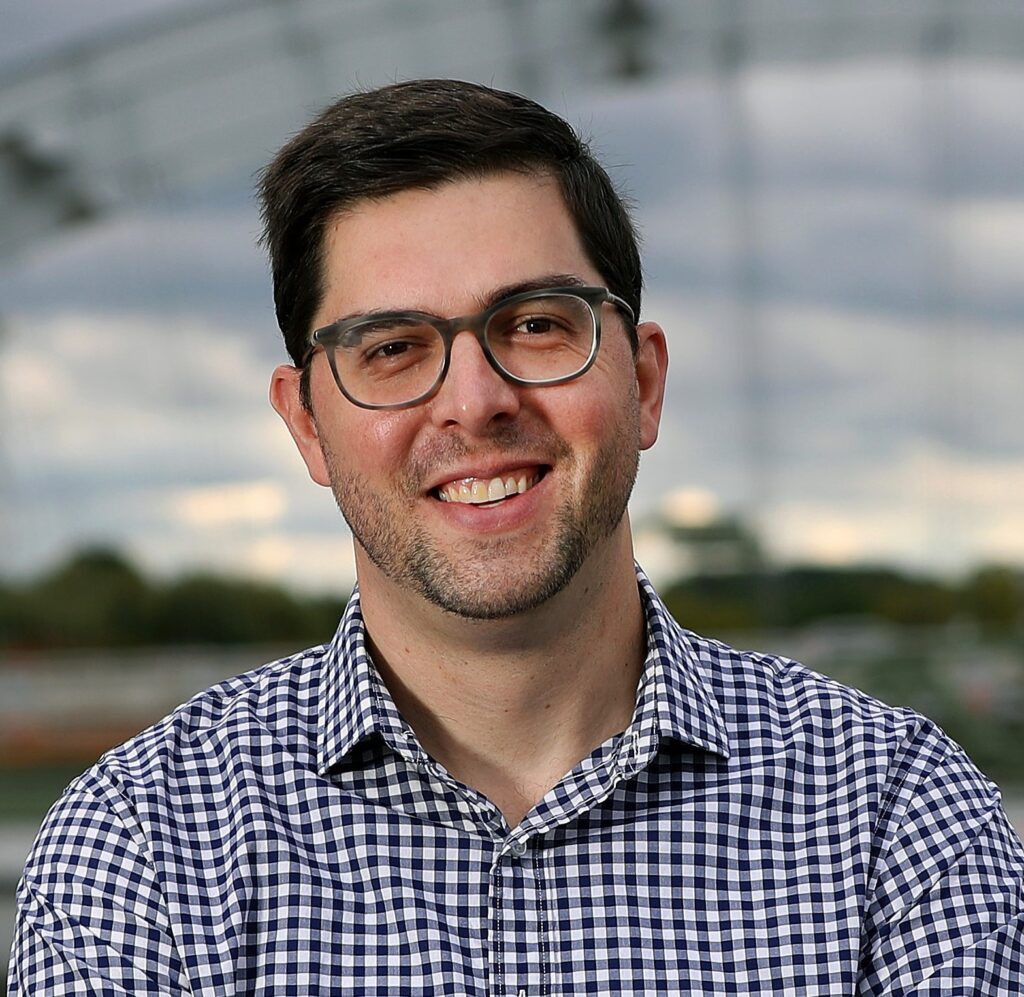
Justin Murphy is a reporter for the Democrat and Chronicle, covering education in the Rochester area with an emphasis on the Rochester City School District. He has worked at the Democrat and Chronicle since 2012 and before that was a reporter for The Citizen in Auburn, New York. He grew up in Penfield and attended the University of Chicago and the S.I. Newhouse School of Public Communications at Syracuse University. His book “Your Children Are Very Greatly in Danger” examines school segregation in Rochester. He lives with his wife and children in the Cobbs Hill neighborhood.
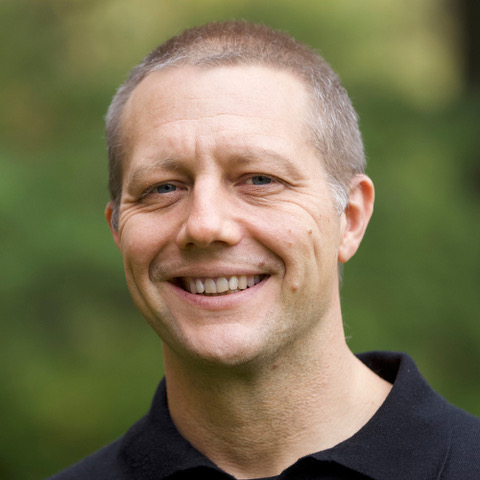
Josh is an Assistant Professor at the Syracuse University School of Information Studies. He received his Ph.D. in computer science from Brandeis University in 2008. Following his degree was a post-doctoral fellow and research scientist at the MIT Center for Collective Intelligence, where he served as chief architect for the MIT Climate Colab (https://www.climatecolab.org/). Josh studies collective intelligence in socio-technical systems. He draws on his training in cognitive science, human computer interaction, and computer-mediated group decision making to investigate how to design sustainable systems that benefit those who use them as well as society more broadly. He also draws heavily on complex systems theory to understand patterns of stability and change in socio-technical systems and focuses on both social dynamics and knowledge production in online communities. Much of his current work considers how social technology can influence the formation of peoples’ beliefs, and in particular beliefs that are motivated by misinformation.
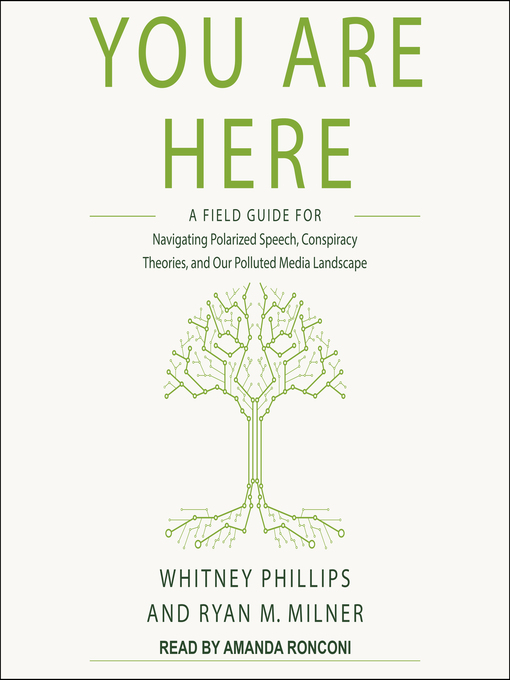
A scholar situated between the humanities and social sciences, Whitney Phillips draws from science and technology studies, critical theory, and media history to explore the context and consequence of mediated communication, with a focus on the ideologies, assumptions, and stories that shape what we observe on our screens. She is the author of several books on digital culture and politics. Most recently, she and Ryan M. Milner published You Are Here: A Field Guide for Navigating Polarized Speech, Conspiracy Theories, and Our Polluted Media Landscape (MIT Press, 2021), which they subsequently, and very loosely, adapted for middle grades readers. That book, forthcoming with Candlewick Press in early 2023, is titled Thinking Ecologically about Social Media. In the Fall of 2023, Phillips will be joining the faculty in the University of Oregon’s School of Journalism and Communication.
Education:
Bio:
Education:
Bio:
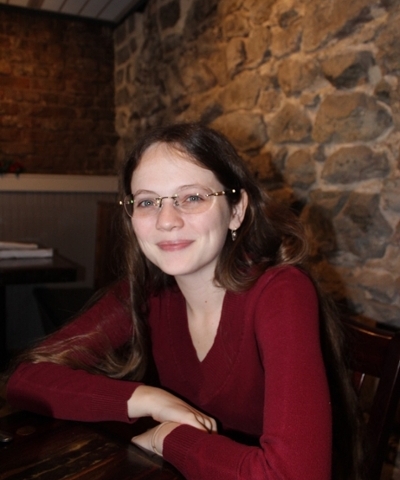
Education: B.A. History, The University of Tampa, 2017; M.A. History, The University of Rochester, 2018
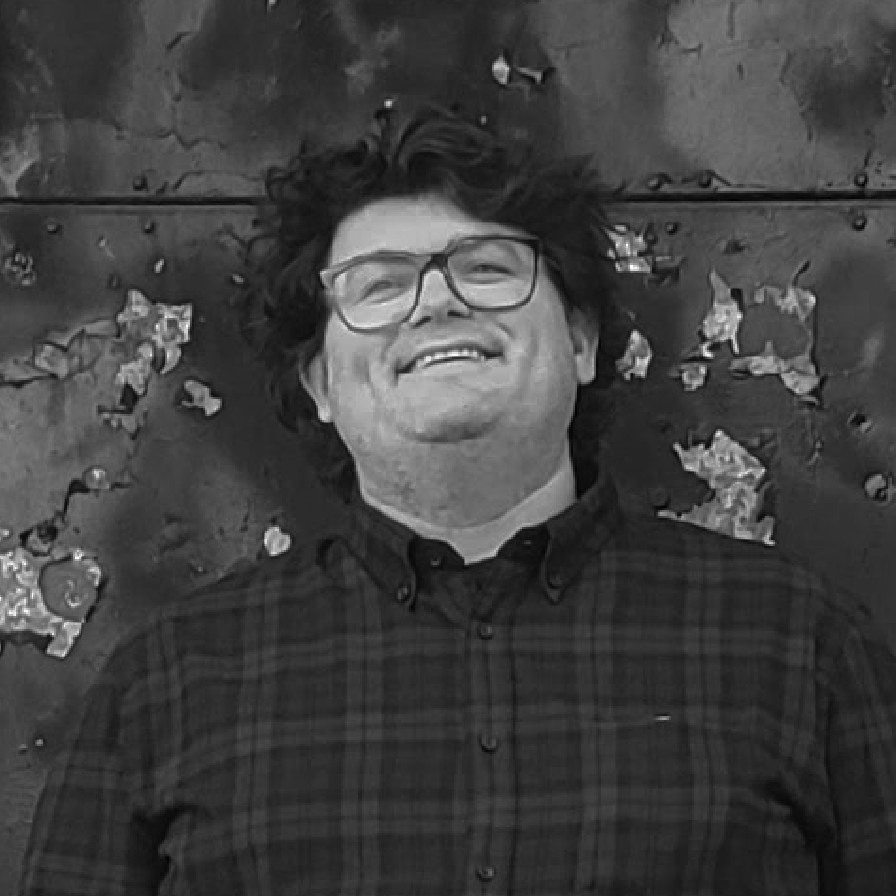
Education: B.F.A. Cinema, San Francisco State University; M.S. Media Studies, University of Oregon; Advanced Certificate in New Media and Culture, University of Oregon
Bio: Wade is a PhD Student in Visual and Cultural Studies. An interdisciplinary scholar and researcher whose work focuses on the political and social implications of new media and technology, Wade is interested in the ways publics are made and unmade through the many disparate channels of social media and forever delighted/terrified by the role of meme images—the visual culture of the internet—in this process.
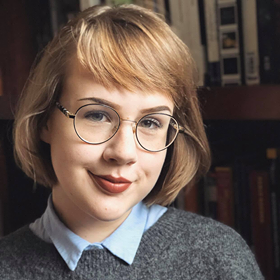
Education: BA, University of North Dakota, English and Philosophy, 2016
Bio: Marcie Woehl is a third year English PhD student at the University of Rochester. Rooted in post-45 American nonfiction and the digital and public humanities, Marcie’s research focuses on the role of new media in overcoming the barrier between academics and the larger public as well as its potential to fundamentally shape the future of the academy. In addition to her research, Marcie is a project assistant on the William Blake Archive. When not studying for exams, Marcie can be found thinking about making a new website, listening to podcasts, or cooking.
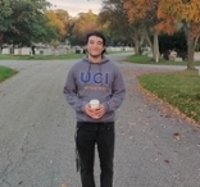
Bio: Gabby Tapia is a 5th-year PhD candidate in the English department. They are studying 19th-century British literature and ecocriticism, with specific interests in Romantic studies, Spinoza studies, transecology, and the philosophy of the transindividual. Their current DH project utilizes ArcGIS mapping software and the citizen science online platform iNaturalist to bring together poetry, archival data, and environmental observations to communicate the connection between English Romantic poet John Clare’s legacy and ecological conversation efforts happening in the bioregions of his hometown of Helpston today. Their interest in the work of Gilbert Simondon and his transindividual notion of mechanology informs their research and pedagogy which considers the reciprocal relations between humans, nature, and technology. Gabby is also a project assistant at the William Blake Archive. Fall 2023 cohort. (atapia3@ur.rochester.edu)
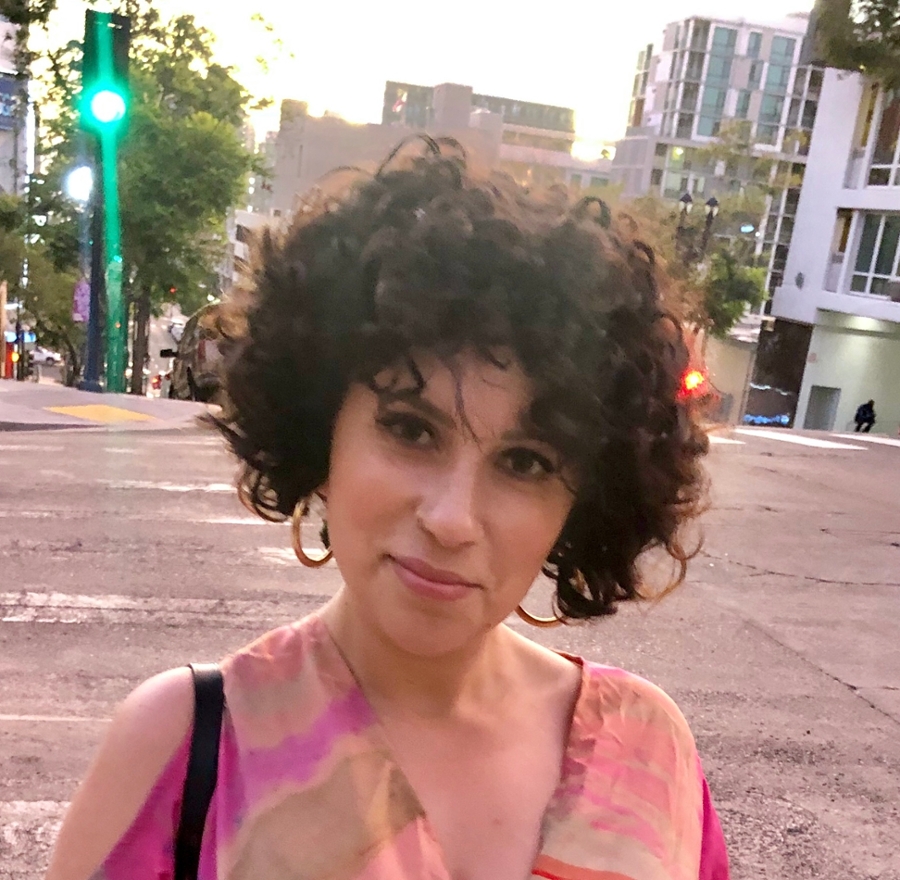
Bio: Victoria Taormina is a PhD candidate in the Visual and Cultural Studies program. Her research interests include American popular culture, ethnic whiteness, and theories of antiblackness. Her dissertation examines the relationship between Italian colonialism in Africa and Italian immigrant identity in America during the early twentieth century. With the support of the fellowship, she is creating a digital exhibition of her dissertation materials through the Omeka S platform. Fall 2023 cohort. (vtaormin@ur.rochester.edu)
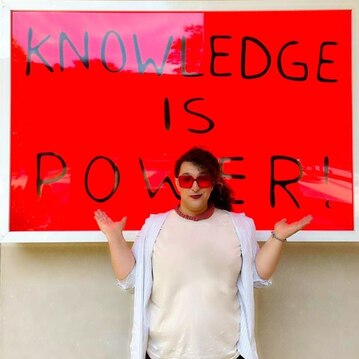
Bio: Rebecca Sanaeikia is a 5th year Ph.D. student in Philosophy at the University of Rochester. Her area of expertise is on the intersection of bioethics, AI/Data Ethics, and Trans philosophy. She is focusing on ethical considerations in [healthcare] data, particularly within the transgender community. Her work delves into the complexities of data management for trans individuals, contemplating ways to ensure that this process is conducted with sensitivity and respect, avoiding harm to both individuals and their communities. Rebecca also currently serves as a Research Assistant for a project aimed at enhancing shared decision-making processes among older adults. Fall 2024 cohort. (becca.sanaeikia@rochester.edu)
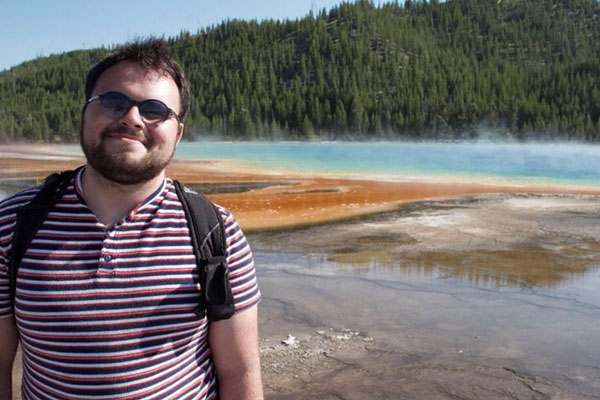
Bio: Dylan Palmer is a PhD student in the Visual and Cultural Studies program, specializing in the study of cinema. His DH project revolves around the use of QGIS to map filming locations in a variety of films, most recently Jean-Luc Godard’s Breathless. He is interested in how digital tools can help unearth the urban and social history that film continuously documents, as well as the relationship between digital and filmic modelings of space and time. Fall 2023 cohort. (dpalm10@ur.rochester.edu)